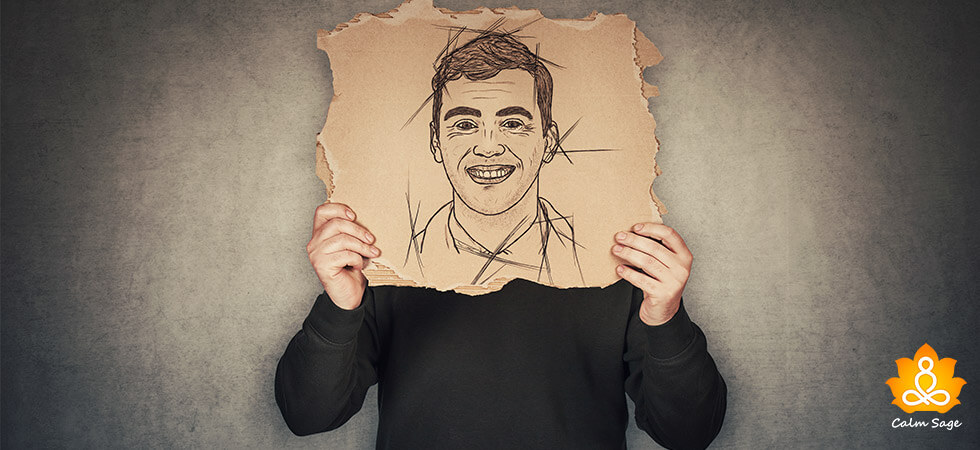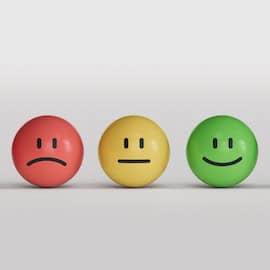As an introvert, I can tell you how misunderstood this personality trait is. It’s not that I am ostracized for being an introvert, but it’s about how people value extroverted traits like sociability against introverts. Introverts, on principle, prefer solitude and small group interactions and often find excessive social engagement draining.
But, like anyone else, introverted people also experience social pressures. Interestingly, many of these social pressures faced by introverts are self-imposed, coming from internalized social expectations and personal experiences.
Today, in this article, we’re exploring the ten most surprising common social pressures faced by introverts, even if self-imposed.
Social Pressures Introverts Face
1. The Need to Be Social
Introverts often worry that their preference for being alone will be negatively perceived and this leads them to force themselves to appear social and attend social events. This despite wanting to spend time with themselves, recharging. This pressure to be social can become quickly draining as it often results in introverts feeling overwhelmed and unable to enjoy themselves.
2. The Pressure to Small Talk
Another self-imposed social pressure faced by introverts is the pressure to make small talk. Small talk, generally, can be challenging for introverts. Introverted people tend to prefer deep conversations, so the social pressure to engage in small talk and casual conversations can be stressful. And yet, to belong in a group, introverts tend to give in to this social pressure.
3. To Conform to Group Activities
Another social pressure faced by introverts is the need to conform to group activities which can be daunting for them. Introverts thrive in one-on-one activities, so the pressure to participate in group activities can cause feelings of isolation, anxiety, and discomfort as introverts struggle to balance their needs with the desire to belong in a group.
4. To Respond to Social Invitations
Introverts often feel compelled to respond to social invitations and outings despite them wanting to say no. This need or pressure stems from wanting to avoid offending others. This self-imposed pressure can cause anxiety and stress as they need more time to consider whether they want to attend or have the energy to participate in social activities.
5. The Pressure to be Interesting
Introverts also feel the need to match the energy and enthusiasm of extroverted people around them. This comes from the need to be liked and accepted by others. This social pressure can be exhausting and can cause introverted people to feel inadequate if they can’t meet these self-imposed expectations.
6. The Fear of Being Misunderstood
Even though introverted people aren’t aloof or shy (at least not all!) they worry about being perceived as such. Introverts are quiet and reserved by nature and worry (almost excessively) about being perceived as disinterested and aloof by others. This fear can lead them to overcompensate themselves by forcing them to speak up or engage in social engagements more than they are comfortable with.
7. The Pressure to Network
Another self-imposed social pressure that introverts face is the pressure to network. Networking is seen as a step to professional success, but when it comes to introverts, it can be a source of stress. The expectation to build and maintain relationships with a large number of people and contacts can be daunting, if not exhausting. And yet, introverts push themselves beyond their limits just to feel accepted by others.
8. The Pressure to Look Confident
Even though introverts can be confident, they feel that they need to show confidence, especially in professional settings. This need or pressure can lead to feelings such as inadequacy and stress as introverts struggle to project an image of themselves that doesn’t always align with their natural traits.
9. The Expectations to Have a Busy Social Life
Introverts also feel that they need to have a busy social life to meet social expectations. This social pressure faced by introverts can cause them to feel burnout, as they push themselves out of their comfort zone and force themselves to participate in more social activities that drain their energy.
10. The Need to Prove Themselves Social
Introverts might feel a constant need to prove to themselves that they are social and friendly. This can cause them to engage in activities that they are not comfortable with, leading to mental and emotional exhaustion and even, in some cases, frustration.
Wrapping Up…
The social pressures faced by introverts – even if self-imposed – can impact their health and well-being. Just to meet social expectations and to belong in a social group, introverts – like you and I – might force ourselves to become uncomfortable. What we need to do is recognize and respect our boundaries and limits. When you understand that these social pressures are self-imposed, then you can work to find a balance and set yourself free from them.
For our own good, we need to balance our need to be socially engaging with spending time with ourselves to recharge and replenish our energy reserves. Let’s learn not to compromise our well-being just for the sake of belonging to a group and feeling accepted by others.
Celebrate your introverted nature and set your own expectations that lead you to a more fulfilling and true social life! Be who you are and let yourself live a life you’re most comfortable with!
I hope this blog helped you understand the most common yet surprising social pressures faced by introverts. Let us know your thoughts in the comments below and don’t forget to leave a thumbs up if you enjoyed reading this article on Calm Sage!
Take Care!
Publisher: Source link






